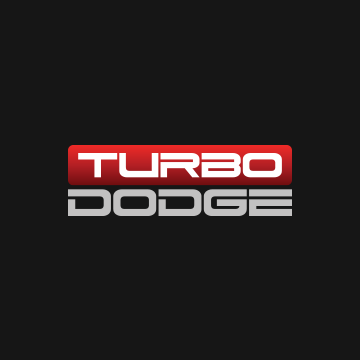Tornado
VIP MEMBER
- Joined
- Dec 5, 2017
- Messages
- 5,298
...That Is The Question!
Interesting article on how honing a cylinder is generally a bad idea...unless freshly re-bored:

 www.turbododge.com
www.turbododge.com
Interesting article on how honing a cylinder is generally a bad idea...unless freshly re-bored:

Cylinder Glaze Myth?
Got this here. Careful with That Hone, Eugene! Makes a lot of sense. begin article: Synopsis: There is NO such thing as "Glaze Breaking." That's because there's no such thing, in a cylinder, as "glaze" - the word implies a deposit of foreign materials of some sort on your cylinder's surface...
This is not theory here.
It is the conclusion of an intensive research project, involving re-ringing used bores in like engines, some being honed, or "de-glazed," as the Old Wives like to call it, and the others just having the rings replaced and the cylinders left alone. The results were the same in every case - after being run for a period of time, - the equivalent of thousands of miles of use - the honed engines IN EVERY CASE burned more oil, and upon disassembly and inspection, IN EVERY CASE had developed significantly greater clearances - piston, ring end gap, all bearings, the works - than the unhoned engines. Although not expected by many to do so, the unhoned engines in ALL cases and at ALL STAGES burned less oil, and had worn significantly less than their honed counterparts. That is the result of the research. Now for the explanation.
